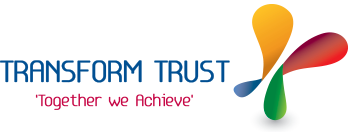
Vision
It is our ambition that all children achieve above the expected standard of the National Curriculum by the time they leave Year 6. We want them to be prepared for the demands of the Key Stage 3 curriculum by ensuring that they are confident readers who love books. To do this we provide exposure of rich, diverse texts and genres in a structured and progressive curriculum.
The overarching aim for English in the National Curriculum is to promote high standards of language and literacy by equipping pupils with a strong command of the spoken and written language, and to develop their love of literature through widespread reading for enjoyment. The national curriculum for English aims to ensure that all pupils:
• read easily, fluently and with good understanding
• develop the habit of reading widely and often, for both pleasure and information
• acquire a wide vocabulary, an understanding of grammar and knowledge of linguistic conventions for reading, writing and spoken language
To ensure that we meet the requirements of the National Curriculum we use Read Write Inc. phonics (RWI) as our early reading and phonics scheme from Reception to Year 2.

Read Write Inc Phonics
Phonics skills are embedded within daily RWI lessons. By focusing on the teaching of reading in the Early Years and KS1, using a synthetic phonics scheme, children learn to read unfamiliar printed words by blending (decoding) and speedily recognise familiar printed words by sight. We want all children to enjoy and experience early success in learning to read. We are committed to developing children’s love of reading and to help them to acquire knowledge and to build on what they already know.
The Read Write Inc guide for parents can be accessed here
Reading fluency and comprehension
Once children are off the phonics programme children are taught to read with a focus on fluency in throughout key stage two with opportunities to develop this daily through shared reading lessons. Children are also given frequent opportunities to develop their ability to show how well they have understood what they have read through talk and by answering questions as part of a group discussion or, occasionally through written responses.
Key Documents
Our approach to teaching reading beyond the phonics programme is informed by the reading framework.
Key Stage 2 Shared reading structure


